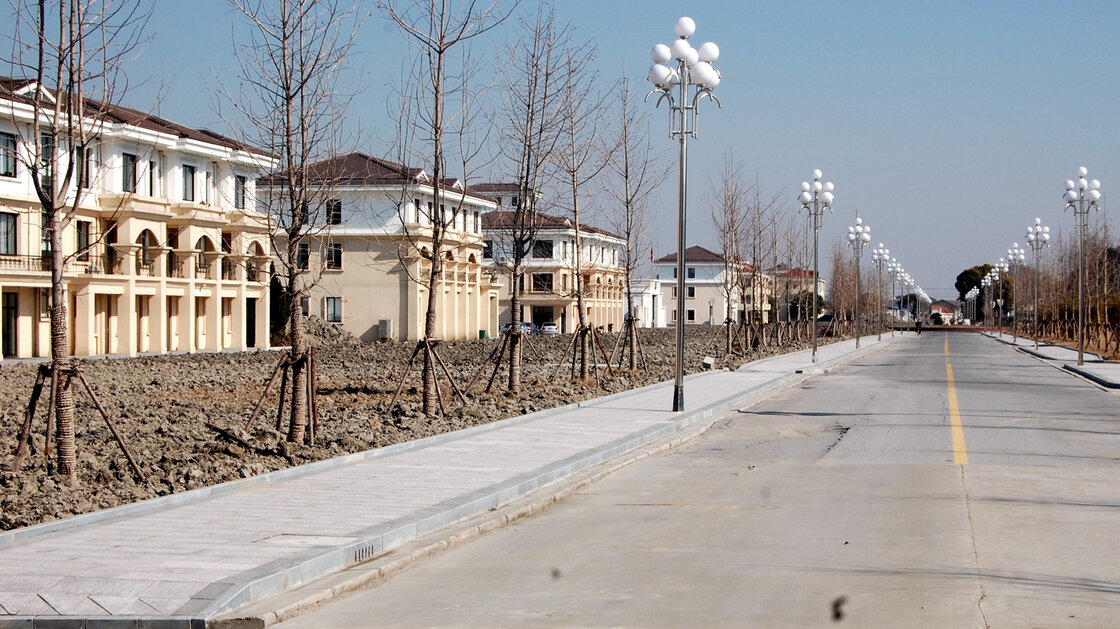
Less than 6 months ago, China claimed that they had ended their [policy of political] re-education through labor camps. The labor camps released all of their prisoners/residents and will no longer be “re-educating” people at these camps, or will they?
To say the least, these camps have been questionable. These labor camps are ideally were not just for criminals, but also for thos spreading anti-communist thoughts in China. The problem here is the lack of any sort of trial, and the absolute power that the government and police have over these camps. Anyone the police arrested, thought had broken the law, or even just didn’t like was could be thrown into jail. If the government had any reason at all to suspect you were an anti-communist they had you could put you in one of these labor camps without a trial. What happened in these camps is a mystery, but it certainly wasn’t the Hamptons. [Many years ago I used a book written by someone who spent years in such camps for having the wrong parents… I assume there are other English-language accounts.]
It is obvious why these camps are bad, and it seems like great news that the camps have closed, but this may not be the case. While some camps have in fact closed, it seems as if China has opened other more secretive camps. Some people were released from the camps then put back into these secretive camps. And when the reporter of this article took a trip to one of the “closed” camps, he was stopped by guards at the gate. These guards claimed they didn’t know what was going on in the camp, but no one could enter. Other camps have been restructured as “drug rehabilitation centers” and other types of centers, but no one is allowed inside.
It is unknown as to whether or not these camps have closed, but the evidence would point that they have not. Unfortunately, what seemed like at human rights win in China, may have just been a PR ploy.
nbsp;
Further Reading at NPR.org
I am wondering if you came across any information about how the camps impacted China on an international economic level in your readings. For instance, did the presence of the camps make socially conscious governments less like to engage in trade with China? Or on a more drastic scale, where there any countries proposing trade embargoes for this violation of human rights? I assume some counties were uneasy about the camps, but China is too large an economic player for any country to discontinue trade practices with them.
How important is this numerically? After all, we in the US have a bigger share of our population incarcerated than does China. That suggests that political prisoners may be less numerous than this post implies. Yes, it’s potentially awkward to be a Tibetan in a border region. But I also knew a police officer in Michigan who took great pride in citing people in his jurisdication for DWB – driving while black.
Tucker asks the more pertinent question: does this matter from an economics perspective?
If the photo is of a labor camp, there are surely millions of Chinese who might not mind living there. If this is in fact a random photo, please edit it out!!!